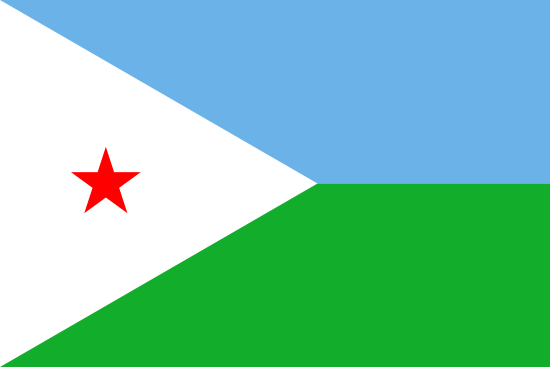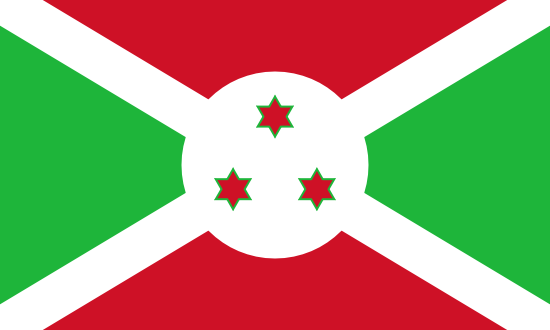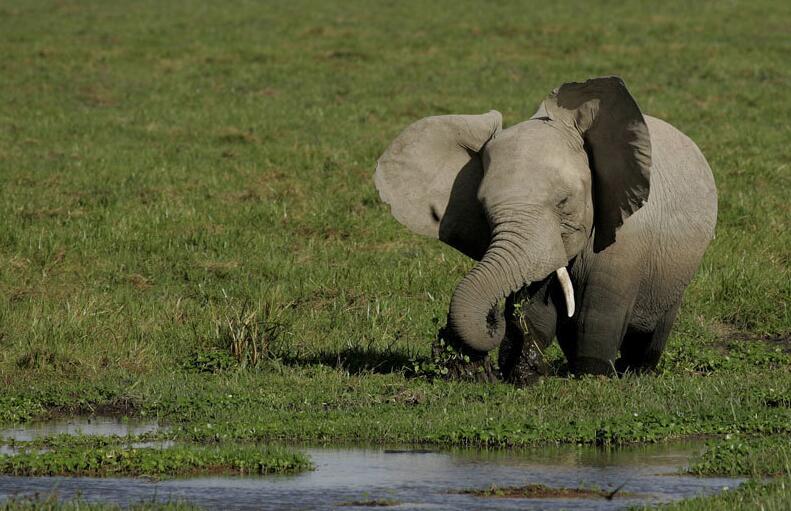Djibouti Overview
Djibouti is located in East Africa and borders Eritrea, Ethiopia and Somalia. Djibouti has an important strategic location at the mouth of the Red Sea and is a transit country for goods to and from East Africa.
| Capital: | Djibouti |
| Biggest city: | Djibouti |
| State: | republic |
| Language: | Somali, French, Arabic |
| Religion: | Islam |
| Surface: | 23,000 km² |
| Population: | 792 200 (2013) |
| Population density: | 32 residents per km² |
| Life expectancy: | 60 years |
| Illiteracy: | 32% |
| Currency: | Djibouti franc (DJF) 1 franc = 0.05 kr |
| GDP per capita: | $ 2,500 (2010) |
| Time difference: | +2 hours |
| Electricity: | 220 V AC, 50Hz |
| National Day: | June 27 |
| Country area code: | 253 |
| 2-Letter country abbreviation: | DJ (See more abbreviations on Abbreviationfinder) |
| Business: | agriculture 75%, service sector 14%, industry 11% |
| Climate: | steppe climate; especially hot on the coast |

The former French Afar and Issa Territory or French Somaliland became the independent state of Djibouti in 1977. Hassan Gouled Aptidon created an authoritarian one-party state and served as president for three six-year terms. Riots among the country’s Afri minority in the 1990s led to multi-party elections in 1999. These were won by Ismail Omar Guelleh, who became president in 1999. In 2001, a peace agreement was reached with the Afra rebels, and the unrest has subsided. President Guelleh wishes for close ties with France and the French still have a considerable military force in Djibouti through the Foreign Legion. The United States also has a certain military presence there.
Djibouti’s economy is based on services related to the country’s strategic location and free trade zone status. Two thirds of the population live in the capital and the remaining part are mainly nomadic herders. Due to the low rainfall, cultivation opportunities are limited and almost all food must be imported. There are almost no natural resources and the industry has very little scope. Unemployment is around 50 percent, and the country also has a large foreign debt.
ELECTRICAL OUTLET
Electricity and electrical outlets in Djibouti
Voltage: 220 V
Frequency: 50 Hz
Type of plug: C, E
Need an adapter: No, you do not need an adapter.

Djibouti
According to Countryaah, Djibouti is the capital and largest city of the state of the same name. The city was founded as a port in 1888 by France. It is located on a peninsula that divides Adenviken and Tadjouraviken.
The city became the capital in 1891, the former capital was Tadjourah. In Djibouti live about 400,000 people, its planned center is divided into an African and a European center. Northwest of the center is the port, which is used for international trade, fishing, and ferries to Obock and Tadjoura. From Djibouti there are trains to Addis Ababa Central Station and the city also has an international airport.


